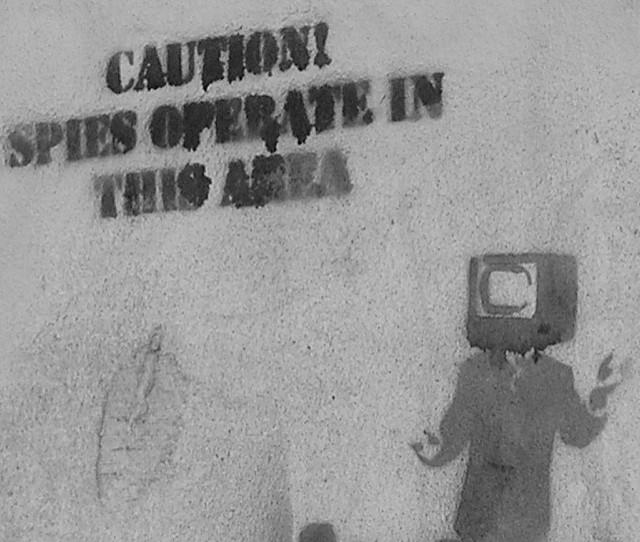
Election integrity, which includes protection from tactics and techniques that might spread panic and propaganda, or cyber intrusions that might influence the outcome of national election cycles, should be seen as a core security challenge.
The US presidential election has underscored the potential subversive role of external actors, specifically Russia. Certainly, a range of experts have suggested it would be currently extremely difficult to directly alter the election system through cyber meddling. There’s no credible evidence of consequential hacking, although some of the information about the 2016 US election and the alleged active interference by the Russian Government remains classified. Nonetheless, there’s a broad groundswell of public distrust surrounding the integrity of the outcome, captured by Green Party candidate, Jill Stein, who called for recounts in Pennsylvania, Michigan and Wisconsin. Additionally, the validity of the US election was marred by other accusations such as (virtually non-existent) voter fraud. Three weeks before the election outcome, Trump himself claimed the electoral process was rigged, fraud was widespread and the results should not be trusted. These types of controversies act to undermine the legitimacy of the electoral apparatus, eroding trust in the reliability of American democracy.
At the same time, in dealing with other barriers to election integrity, any hostile foreign power efforts to manipulate public opinion before the vote (or conceivably future attempts to influence politics via tampering with election results) points to momentous risks to both modern-day democracy and national security. The US intelligence community is rightly concerned that Vladimir Putin’s Russia sought to deliberately interfere in the recent presidential election. This concern was highlighted in October 2016 when James Clapper, the Director of National Intelligence and Jeh Johnson, the Secretary of Homeland Security, issued a joint press release in the wake of a hack that stole material (released on WikiLeaks) from the Clinton campaign and the Democratic National Committee. They stated that ‘the US Intelligence Community is confident that the Russian Government directed the recent compromises of e-mails from US persons and institutions, including from US political organizations’. The FBI and the CIA had also reached an identical conclusion.
Alarmingly, President-elect Trump has again publicly dismissed such intelligence assessments about the Russian connection to the campaign hacking; assessments that are presumably based on computer forensics and other sensitive and time-intensive sources and methods. He has repeatedly labelled such reports as baseless. In response, Senator Ron Wyden retorted:
‘I just think it is bizarre for the president elect to refuse to acknowledge what the direct of national intelligence and the head of the department of homeland security have agreed on… It is one thing to doubt intelligence assessments for a good reason; it’s another to just dismiss them out of hand.’
In that sense the Trump team has set a reckless precedent in choosing to blatantly ignore particular intelligence estimates.
Trump’s incredulity and willingness to bluntly dismiss insights on the security problem of criminal election manipulation and related political developments can, and will, have major consequences. In a post 9/11, post-Iraq war world the authority and standing of the intelligence profession is under siege. Trump‘s statement that he simply doesn’t believe intelligence agencies when it came to Russian cyber activities will reinforce public perceptions that the shadowy world of intelligence is one of ‘rogue elephants’, irrelevant data and unreliable characters. That’s despite Trump himself failing to provide any coherent rationale as to why he’s indifferent to such evidence, beyond an implication that intelligence professionals who analysed the cyber hacking were ‘politically driven’. Trump has characterised the US intelligence community as riddled with bias based on what appears to be little more than a knee-jerk personal whim.
Trump’s instinct to openly contradict what US intelligence agencies have conveyed to him has underlined a wider pattern of ongoing indifference towards the community and its officials. Early reports have surfaced indicating that Trump has declined to accept daily national-security intelligence briefings that are available during a transition process. Intelligence agencies should play a distinct role in the business of government. New pressures will arise from shifting security concerns and evolving transnational threats. Spies are neither miracle workers nor clairvoyants, but there’ll remain a demand for high quality, timely, integrated and impartial intelligence to help support foreign and defence policy making to ensure a high degree of national security.
Former deputy CIA Director Michael Morell has asserted that Trump has ‘zero understanding of how intelligence works’. Trump’s willingness to promote conspiracy theories and echo false information will inevitably lead to a volatile and unpredictable policy mix. It may encourage some risk-aversion in future intelligence assessments to better control and ‘sell’ intelligence information. Under a Trump White House, even if the job is done right, it appears that intelligence product will no longer be able to depend solely on its intrinsic significance to grab the attention of the Oval Office.